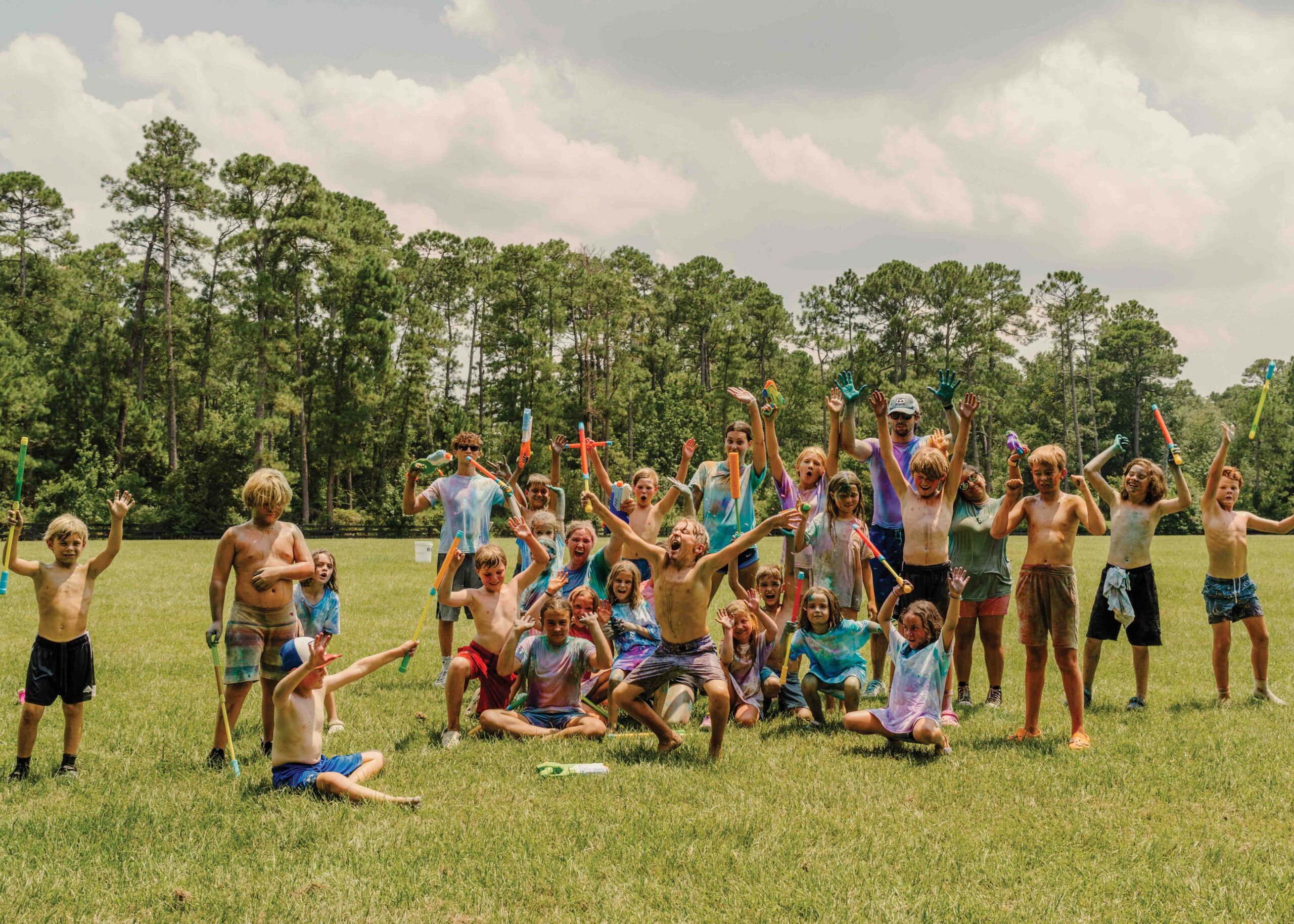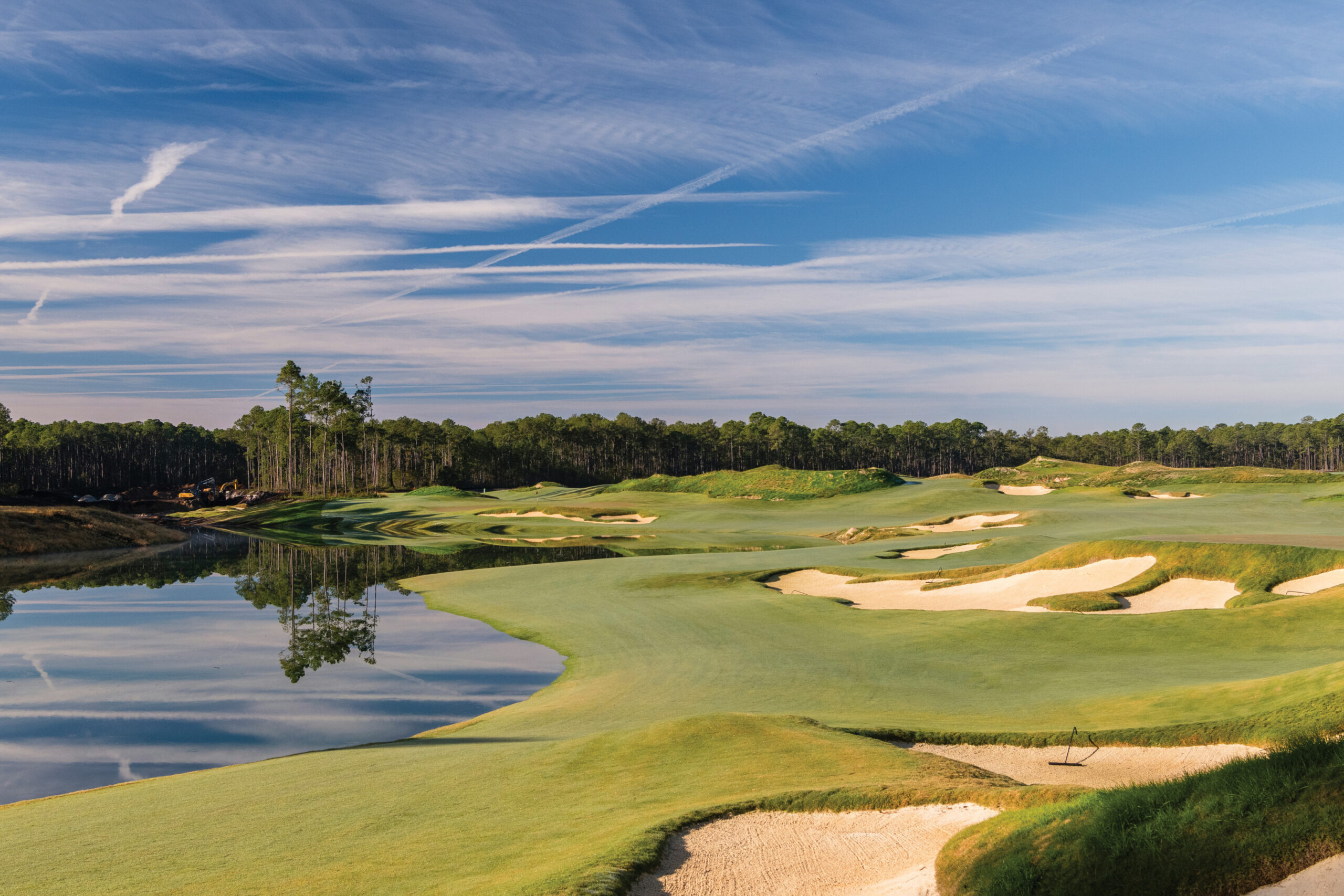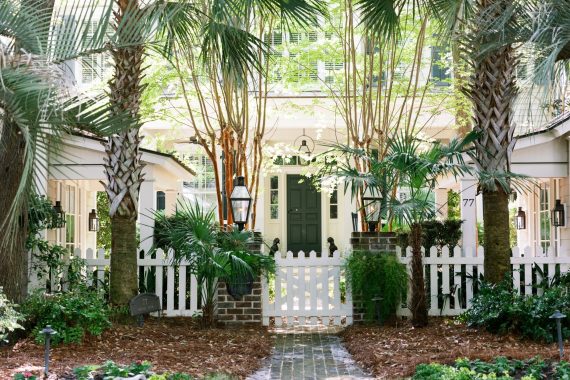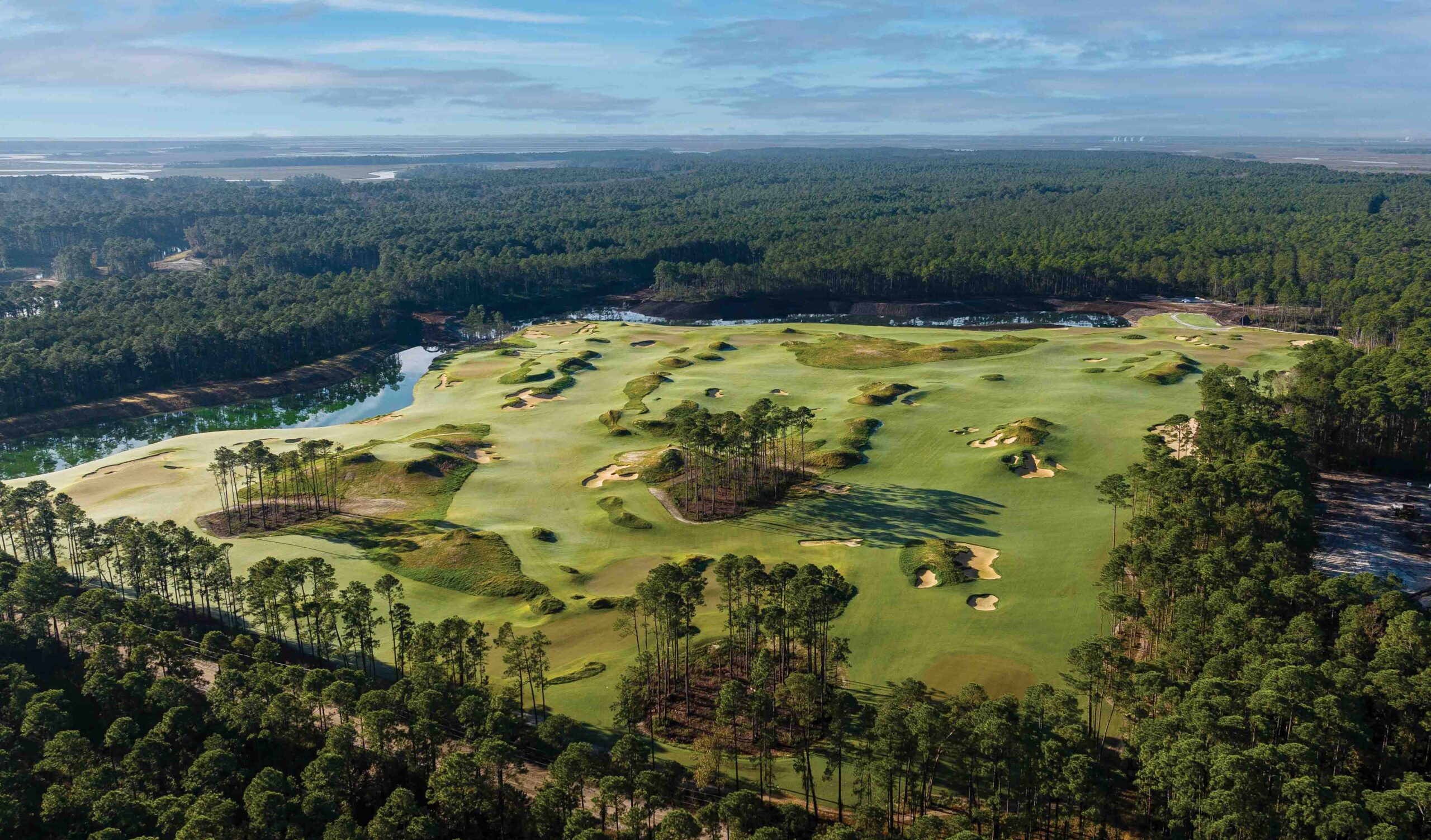Earth Day occurs April 22 every year, and while most of us won’t be venturing into the great outdoors to celebrate Earth Day in a traditional sense, we can still celebrate at home with the rest of the world.
Below are 15 activities you can do to help the planet while staying at home.
1) Schedule a litter pick up. Pick a place in Beaufort County where you can safely pick up litter while social distancing. This could be something as simple as picking up litter in a parking lot or while you’re on a stroll around the Bluff.
2) Conduct a plastic audit in your kitchen. Count all the nonessential plastic bags, wraps, packaging, and containers. Through some online research, can you find planet-friendly alternatives? If not, you can write a letter or email to your favorite snack company asking them to change their packaging to plant-based options.
3) When supporting local restaurants and purchasing takeout during shelter-in-place, ask the hostess to skip the plastic cutlery and plastic bags. When you go out to eat after restaurants reopen, bring your own reusable containers for bringing leftovers home.
4) Consider ways to reduce your plastic consumption. Pick one household item and see if you can switch to a plastic-free version. For example, trade out your bottle of shampoo for a shampoo bar. Nourish on Hilton Head has some great options. You can find them here.
5) Donate to environmental and conservation-based organizations! You can support organizations that have global outreach, work nationally, or focus their work locally.
6) Write letters to your representatives. Pick an environmental issue (or several issues!) that are near and dear to your heart and write your state representative and senators explaining how they can help the cause.
7) A carbon footprint is the total amount of greenhouse gas emissions produced by an individual through daily activities. You can calculate your annual carbon footprint here. Can you find small, daily changes to help you reduce your greenhouse gas emissions?
8) The Intergovernmental Panel on Climate Change (IPCC) states that reducing consumption of meat is a primary way of reducing your carbon footprint and mitigating climate change. Pick one day of the week to go without meat – perhaps a Meatless Monday! Try this for a month and see what kind of new cuisines you discover! Here are some of our favorite vegetarian cookbooks:
• Afro Vegan by Bryant Terry
• Moosewood Cookbook by Mollie Katzen
• The Complete Vegetarian Cookbook by America’s Test Kitchen
• How to Cook Everything Vegetarian by Mark Bittman
9) Did you know you can make your own household cleaners, which reduces packaging materials AND omits the use of harsh chemicals? It’s amazing what a little bit of vinegar and essential oils can do! Here is a great website to get you started.
10) Walk around your house and see how many plants you can identify in your landscaping. You can use iNaturalist to help with identification. You can also contact the Conservancy at info@pbconservancy.org to learn more! Compare the number of non-native plants to native plants. Native plants have more value to wildlife and can be used for similar landscaping purposes as most non-native plants. Can you create a plan to transition your landscaping to mostly native plants?
11) Insect populations are in decline across the globe. Convert one of your flower beds into a perennial pollinator garden to help feed wildlife. Try to use as many native plants as you can. Click the links below for some really great tips:
• Clemson Cooperative Extension Home & Garden Information Center
• The Million Pollinator Garden Challenge
Want to learn more about which native plants are important for pollinators? Email info@pbconservancy.org to learn more.
12) Watch a nature or environmental documentary while social distancing. Here are some of our favorites:
• Private Life of Plants
• Before the Flood
• Night on Earth
• Our Planet
• Artifishal
• Planet Earth I and II
• Chasing Coral
• Borders
• The River and the Wall
• Blue Planet I and II
• Life in Cold Blood
• Life in the Undergrowth
Many more suggestions (and where to watch them) can be found here.
13) Are your kids spending most of their time in front of a screen? Here are some online games that can be fun as well as educational:
• Eco: An online game where players must collaborate to build a civilization in a world where everything they do affects the environment. All resources come from a simulated ecosystem. Work together with the player-run government and economy to build the technology to stop a meteor on a collision course with the planet – without polluting the world and killing it off in the process.
• Evolution: Predators lurk. Food is scarce. Will you adapt – or go extinct? Evolution is an addictive, immersive, easy-to-learn strategy game for new and experienced players alike. Evolve to survive, learn to thrive, and watch out for fearsome apex species on Evolution Island.
• Niche – A Genetic Survival Game: A turn-based strategy game combined with simulation and survival elements. Shape your own species of animals based on real genetics. Keep your species alive against all odds, such as predators, climate change, and spreading sickness.
• Planet Zoo: Build a world for wildlife in Planet Zoo. Construct detailed habitats, manage your zoo, and meet the needs of both the animals and park guests in this management-based game.
• Tyto Ecology: You are given the power to build your own ecosystem while learning the principle of the life sciences. You must think critically and problem-solve to balance a beautifully simulated biome, where your decisions determine if life succeeds or fails.
14) Did you know that 100% of hunting and fishing licenses go towards state conservation? This is a great way to fund local conservation – even if you don’t hunt or fish! You can purchase a South Carolina hunting or fishing license here.
15) Use iNaturalist when you go out in the yard, through your neighborhood, or down a trail. iNaturalist is a citizen science app that allows users to submit observations of plants and animals for the global community. Your observations catalog when and where these plants and animals are located, which benefits the efforts of researchers and land managers alike. Another great thing about iNaturalist? The global community can help you identify what you catalog!
You can also contact the Palmetto Bluff Conservancy at info@pbconservancy.org to learn more.

Marie McConnell Director of Member relations, Palmetto Bluff Club Where are you from and how did you get here? I am from Buffalo, New York—born and raised. Go Bills! My husband and I got married at Sea Pines in Hilton Head in 2012 and fell in love with the ...

Nestled amidst the tranquility of Palmetto Bluff, Longfield Stables stands as a beacon of serenity amid lush green pastures and the gentle presence of grazing horses. Its picturesque setting makes it a haven not only for the esteemed Palmetto Bluff Club Member...

The Conservancy is looking forward to another summer of fun with our upcoming kid's programs! Wild Child Camp and Junior Naturalist Camp will have dedicated weeks in June. Registration is $200 per child for the week. To participate, parents must fill out t...

Photographs by Summer Pagatpatan Palmetto Bluff is a wilderness playground for families, a gateway to the outdoors, to living life close to nature. Palmetto Bluff Growing Outdoors, or PBGO, encompasses the ethos of this extraordinary place. CampGO is PBGO’...

Discover the May River and Crossroads Golf Courses at Palmetto Bluff Positioned within the enchanting Lowcountry landscape, Palmetto Bluff boasts an array of world-class amenities, with its golf courses standing as a testament to the community's commitment to...

Jeff’s Journey to the Palmetto Bluff Fitness and Wellness Team Palmetto Bluff is located amidst the serene landscapes of the Lowcountry, a tranquil haven where wellness intertwines seamlessly with nature's splendor. Jeff Ford, the Palmetto Bluff Club's Direct...

5 Benefits of Living in South Carolina Known for its charming small towns, pristine coastline, and natural beauty, the South Carolina Lowcountry is one of the most popular places to live. The Lowcountry is a unique and desirable place to live, offering an arr...

Photographs by Patrick O’Brien Words by Rob Collins Designer Rob Collins of King-Collins offers a first look at Crossroads, Palmetto Bluff’s new nine-hole reversible golf course. It is a feat of design. One routing, The Hammer, is a whirlwind of angles and u...

Story by Katie Epps Photographs by Joel Caldwell Beneath Palmetto Bluff’s sprawling oaks lie twelve cemeteries that serve as the final resting places for hundreds of people and nine dogs. Five of these cemeteries were started as burial grounds for enslaved...

Putting Down Strong Roots The Grove seamlessly combines curated style with courtyard living, welcoming the lush beauty of the Lowcountry at every doorstep. With twelve homesites meticulously designed to maximize outdoor living, Palmetto Bluff Builders offer...

Learn about the Palmetto Bluff Conservancy and how we keep the vision of our land in place.
On land or water, there is an ever-evolving variety of activities.
We do not attempt to independently verify the currency, completeness, accuracy or authenticity of the data contained herein. All area measurements and calculations are approximate and should be independently verified. Data may be subject to transcription and transmission errors. Accordingly, the data is provided on an “as is” “as available” basis only and may not reflect all real estate activity in the market”. © [2023] REsides, Inc. All rights reserved. Certain information contained herein is derived from information, which is the licensed property of, and copyrighted by, REsides, Inc.